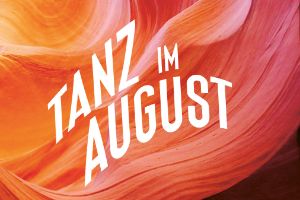
Josef Gabriel Rheinberger © Stadtmuseum München
Josef Gabriel Rheinberger
Josef Gabriel Rheinberger (1839–1901) was the incarnation of a conservative, academic classical composer whose comprehensive oeuvre explores all the possibilities of this artistic position. Rheinberger came from the well-to-do family of a public official in Vaduz, Liechtenstein. As a musical prodigy from an early age, he received professional support that enabled him to play the organ regularly in church services from the age of seven. After some initial hesitation, Rheinberger’s parents supported his ambition to pursue a career as a musician. When he was twelve, he began a formal course in composition in Munich, which was supplemented by private lessons with Franz Lachner from 1854. Rheinberger’s flawless compositional technique, even as a sixteen-year-old, is evident from his famous “Abendlied” for six-part a capella choir, which still remains an essential part of today’s choral repertoire.
After he completed his studies, Rheinberger remained in Munich. From 1855 he taught at the city’s Conservatoire: initially piano, then music theory and finally, from 1876 when he became a professor, composition and organ. In 1877, as court conductor, he also took responsibility for the music in all the services in the court church. Rheinberger’s reputation as a great musician stretched far beyond Munich. The fact that both Richard Strauss and Wilhelm Furtwängler were among his many pupils, speaks for itself.
Rheinberger was an unusually productive composer, whose oeuvre comprises 197 acknowledged works that cover all the representative genres of his time. Its core is made up of Catholic church music, secular choral works and, in particular, organ music, including some 20 sonatas alone. His choral and organ music continue to remain especially popular in the English-speaking world.
As of June 2023.
